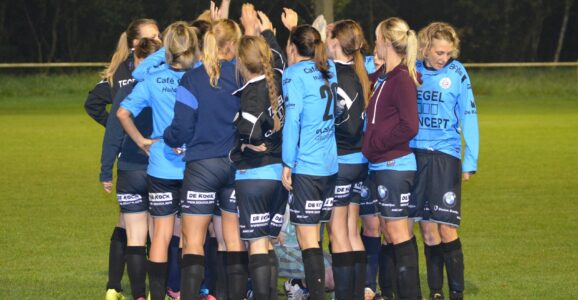What Can Give You a Competitive Edge? Understanding Competitive Edge in Teenage Sports
A competitive edge in teenage sports involves a unique combination of mental toughness, physical conditioning, skill mastery, and team cohesion. Coaches can nurture this through personalized training, positive reinforcement, and continuous learning, ultimately enhancing athletes’ performance and resilience in high-pressure situations.



